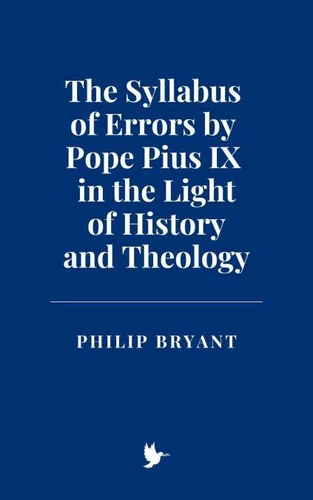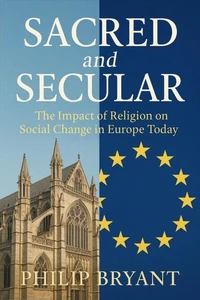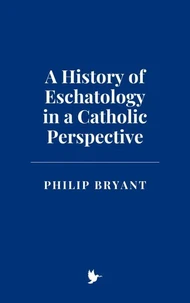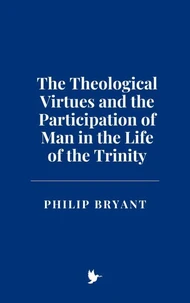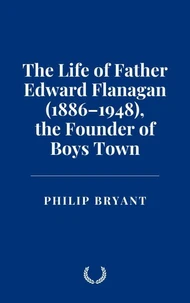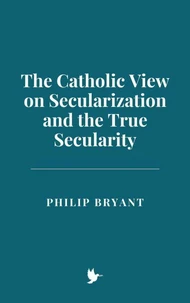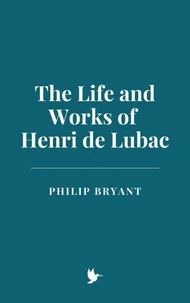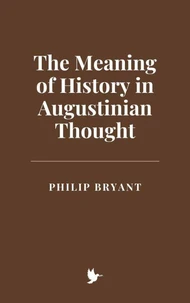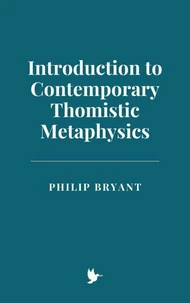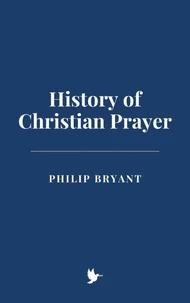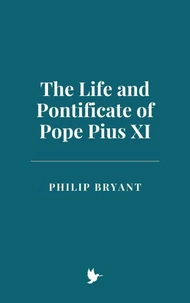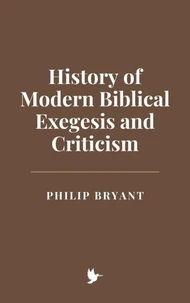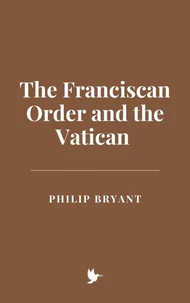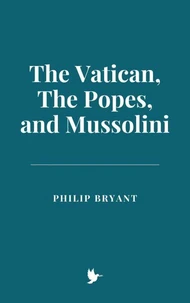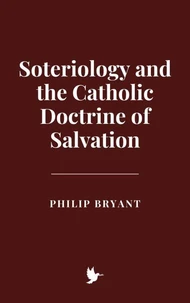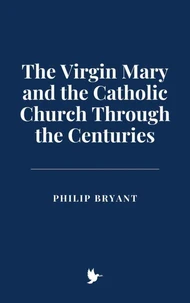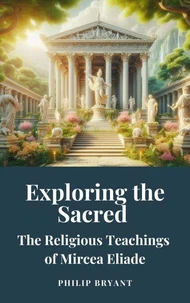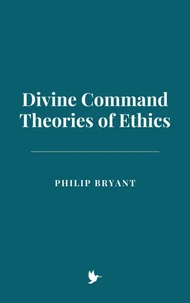The Syllabus of Errors by Pope Pius IX in the Light of History and Theology
Par :Formats :
Disponible dans votre compte client Decitre ou Furet du Nord dès validation de votre commande. Le format ePub est :
- Compatible avec une lecture sur My Vivlio (smartphone, tablette, ordinateur)
- Compatible avec une lecture sur liseuses Vivlio
- Pour les liseuses autres que Vivlio, vous devez utiliser le logiciel Adobe Digital Edition. Non compatible avec la lecture sur les liseuses Kindle, Remarkable et Sony
 , qui est-ce ?
, qui est-ce ?Notre partenaire de plateforme de lecture numérique où vous retrouverez l'ensemble de vos ebooks gratuitement
Pour en savoir plus sur nos ebooks, consultez notre aide en ligne ici
- FormatePub
- ISBN8230558552
- EAN9798230558552
- Date de parution01/01/2025
- Protection num.pas de protection
- Infos supplémentairesepub
- ÉditeurIndependently Published
Résumé
This work offers an in-depth exploration of The Syllabus of Errors, issued by Pope Pius IX in 1864, analyzing its historical, theological, and cultural significance within the context of 19th-century Catholicism and its enduring relevance in the modern world. The Syllabus of Errors, a compilation of eighty propositions condemning key ideological trends of the time, such as rationalism, secularism, liberalism, and indifferentism, serves as a bold reaffirmation of the Church's commitment to absolute truth amidst a rapidly changing intellectual and political landscape.
Through twenty chapters, the analysis delves into the genesis and context of the Syllabus, examining its relationship with the revolutionary upheavals of the 18th and 19th centuries, the rise of modern philosophies, and the socio-political transformations in Europe and beyond. Each chapter provides a comprehensive study of specific themes, including the critique of modernist philosophies, the defense of faith and reason, Church-State relations, the role of the laity, and the evolving engagement with science, technology, and religious pluralism.
Key figures such as Pius IX, St. Thomas Aquinas, John Henry Newman, and Jacques Maritain are highlighted, alongside pivotal Church documents like Quanta Cura, Pastor Aeternus, and the decrees of the Second Vatican Council. The work traces the impact of the Syllabus on Catholic thought, particularly its influence on later developments such as the Neo-Thomist revival, Catholic social teaching, and the Church's response to modernism and relativism.
While acknowledging criticisms of the Syllabus as reactionary or overly rigid, the analysis emphasizes its role as a defense of timeless truths against transient errors, offering a framework for the Church's engagement with contemporary challenges. By exploring the Syllabus's legacy in shaping the Catholic worldview and guiding the Church's mission in the modern world, this study underscores its enduring relevance as a cornerstone of Catholic thought and a prophetic response to the enduring tension between tradition and modernity.
Through twenty chapters, the analysis delves into the genesis and context of the Syllabus, examining its relationship with the revolutionary upheavals of the 18th and 19th centuries, the rise of modern philosophies, and the socio-political transformations in Europe and beyond. Each chapter provides a comprehensive study of specific themes, including the critique of modernist philosophies, the defense of faith and reason, Church-State relations, the role of the laity, and the evolving engagement with science, technology, and religious pluralism.
Key figures such as Pius IX, St. Thomas Aquinas, John Henry Newman, and Jacques Maritain are highlighted, alongside pivotal Church documents like Quanta Cura, Pastor Aeternus, and the decrees of the Second Vatican Council. The work traces the impact of the Syllabus on Catholic thought, particularly its influence on later developments such as the Neo-Thomist revival, Catholic social teaching, and the Church's response to modernism and relativism.
While acknowledging criticisms of the Syllabus as reactionary or overly rigid, the analysis emphasizes its role as a defense of timeless truths against transient errors, offering a framework for the Church's engagement with contemporary challenges. By exploring the Syllabus's legacy in shaping the Catholic worldview and guiding the Church's mission in the modern world, this study underscores its enduring relevance as a cornerstone of Catholic thought and a prophetic response to the enduring tension between tradition and modernity.
This work offers an in-depth exploration of The Syllabus of Errors, issued by Pope Pius IX in 1864, analyzing its historical, theological, and cultural significance within the context of 19th-century Catholicism and its enduring relevance in the modern world. The Syllabus of Errors, a compilation of eighty propositions condemning key ideological trends of the time, such as rationalism, secularism, liberalism, and indifferentism, serves as a bold reaffirmation of the Church's commitment to absolute truth amidst a rapidly changing intellectual and political landscape.
Through twenty chapters, the analysis delves into the genesis and context of the Syllabus, examining its relationship with the revolutionary upheavals of the 18th and 19th centuries, the rise of modern philosophies, and the socio-political transformations in Europe and beyond. Each chapter provides a comprehensive study of specific themes, including the critique of modernist philosophies, the defense of faith and reason, Church-State relations, the role of the laity, and the evolving engagement with science, technology, and religious pluralism.
Key figures such as Pius IX, St. Thomas Aquinas, John Henry Newman, and Jacques Maritain are highlighted, alongside pivotal Church documents like Quanta Cura, Pastor Aeternus, and the decrees of the Second Vatican Council. The work traces the impact of the Syllabus on Catholic thought, particularly its influence on later developments such as the Neo-Thomist revival, Catholic social teaching, and the Church's response to modernism and relativism.
While acknowledging criticisms of the Syllabus as reactionary or overly rigid, the analysis emphasizes its role as a defense of timeless truths against transient errors, offering a framework for the Church's engagement with contemporary challenges. By exploring the Syllabus's legacy in shaping the Catholic worldview and guiding the Church's mission in the modern world, this study underscores its enduring relevance as a cornerstone of Catholic thought and a prophetic response to the enduring tension between tradition and modernity.
Through twenty chapters, the analysis delves into the genesis and context of the Syllabus, examining its relationship with the revolutionary upheavals of the 18th and 19th centuries, the rise of modern philosophies, and the socio-political transformations in Europe and beyond. Each chapter provides a comprehensive study of specific themes, including the critique of modernist philosophies, the defense of faith and reason, Church-State relations, the role of the laity, and the evolving engagement with science, technology, and religious pluralism.
Key figures such as Pius IX, St. Thomas Aquinas, John Henry Newman, and Jacques Maritain are highlighted, alongside pivotal Church documents like Quanta Cura, Pastor Aeternus, and the decrees of the Second Vatican Council. The work traces the impact of the Syllabus on Catholic thought, particularly its influence on later developments such as the Neo-Thomist revival, Catholic social teaching, and the Church's response to modernism and relativism.
While acknowledging criticisms of the Syllabus as reactionary or overly rigid, the analysis emphasizes its role as a defense of timeless truths against transient errors, offering a framework for the Church's engagement with contemporary challenges. By exploring the Syllabus's legacy in shaping the Catholic worldview and guiding the Church's mission in the modern world, this study underscores its enduring relevance as a cornerstone of Catholic thought and a prophetic response to the enduring tension between tradition and modernity.

